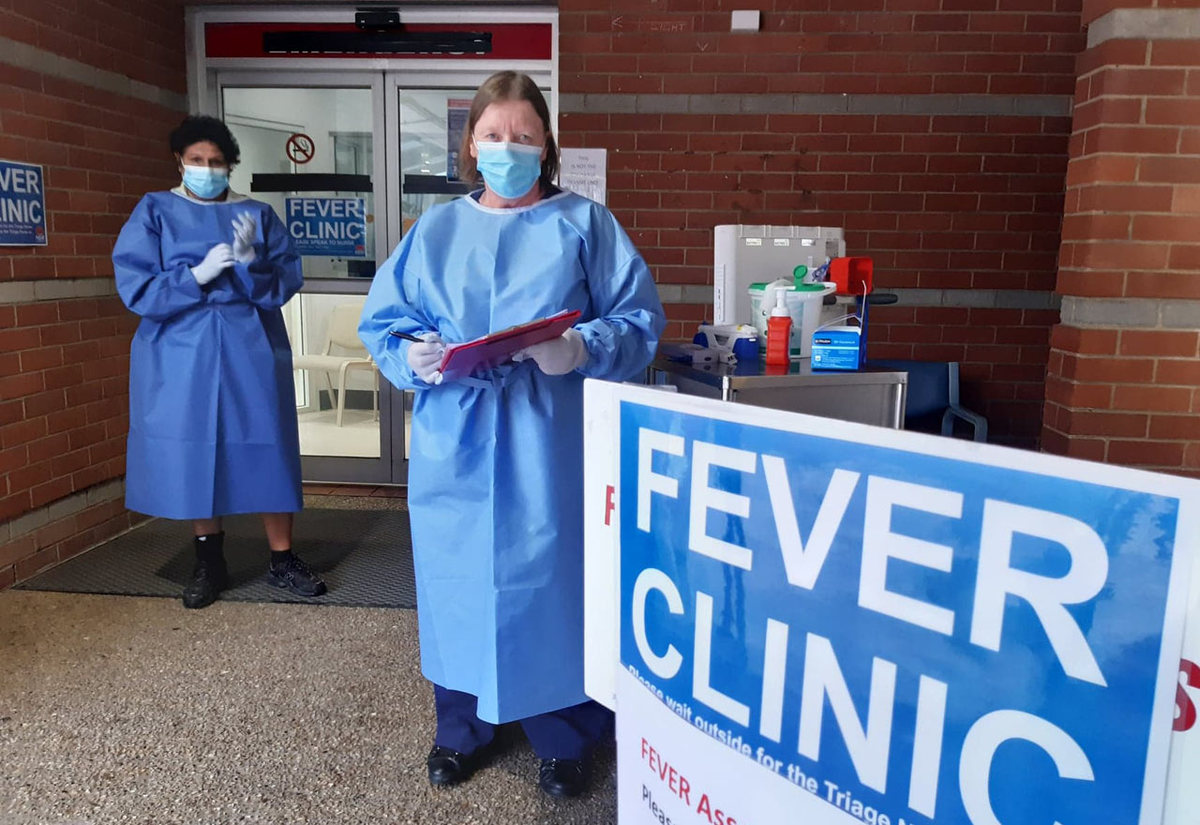Covid study shows 1 in 20 cases report long-term symptoms
01 July 2021, 12:44 AM

A NSW-wide study has shown that 1 in 20 Covid-19 cases have reported long-term symptoms, with cough and fatigue being the most common.
The study by NSW Health and UNSW Sydney reported that 5% of people diagnosed with COVID-19 during NSW’s ‘first wave’ were still experiencing symptoms three months later.

The study also found younger people, men and those without co-morbidities generally recovered faster.
The study is currently the largest study of COVID-19 recovery time ever undertaken in Australia.
Data
Lead author of the report, UNSW Associate Professor Dr Bette Liu said the data was taken from the NSW disease notification registry, linked health datasets and by interviewing those infected.
Prof Liu said the study systematically tracked 2,904 people and almost everyone (94%) diagnosed with COVID-19 in NSW between January and May 2020.
Three months after being diagnosed with COVID-19, 93.4% of the people followed had recovered, most (80%) within 30 days, 1.8% had died and 4.8% were still experiencing symptoms.
Of those who had still not recovered at the time of their last interview, the most commonly reported residual symptoms were cough and fatigue.
“We know a lot about acute clinical presentations where people end up in hospital, but much less about those who get less severe forms of the disease,” Prof Liu said.
“Our data demonstrates the substantial direct impact of COVID-19 on population health – and the need to consider not only hospitalisations and deaths, but also the longer-term health of those with less severe forms of the disease.
"With more than 30,000 confirmed COVID-19 cases in Australia so far, this study indicates that prolonged recovery from COVID-19 looks to be a significant problem for many Australians.
Age groups
“It is well known that COVID-19 severity increases with age and with the prevalence of other illnesses or underlying health conditions, so it’s unsurprising that we found recovery was slower and less likely in these groups.
"There is a view among younger people that they would recover quickly from COVID-19.
"Although our study showed young people do recover more quickly, even among those aged under 30 we found two per cent were still experiencing some symptoms three months after diagnosis.
“This study demonstrates how important it is that we all protect ourselves from COVID-19 through following public health advice, including hand hygiene, physical distancing and testing, as well as getting vaccinated when it is your turn.”
Prof Liu said the whole-of-population study is likely to provide more accurate estimates of the proportion of people who will experience long-term effects from COVID-19 than previous smaller studies, many of which have been restricted to volunteers or those hospitalised with the virus and some of which put the proportion closer to 30%.
A/Prof. Liu conducted the study with co-authors from NSW Health, UNSW’s School of Population Health and the Kirby Institute. The study was published in The Lancet Regional Health – Western Pacific journal.